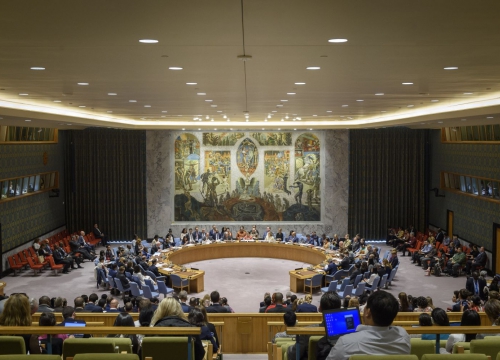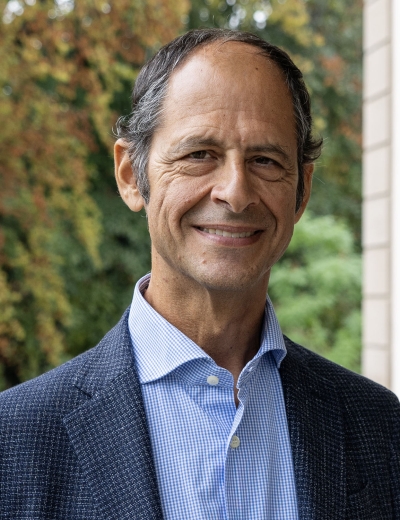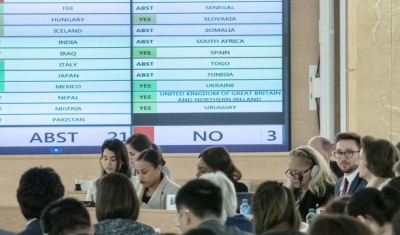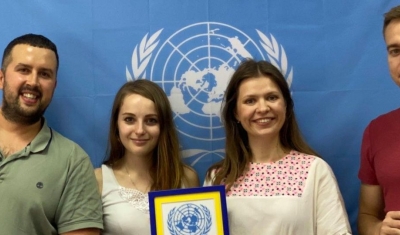Introduction to Public International Law and Subjects of the International Legal Order


UN Photo
Descriptive
This online short course focuses on the role of public international law in international relations and on international legal persons. The first part aims at showing the function of law in the international community and its primacy in regulating international relations. The second part deals with international subjects, that is to say, all those entities, regardless of their intrinsic specificities, that have the capacity to apply public international law rules.
Online
This is an online short course.
Schedule
Classes will take place online during lunchtime on:
- Wednesday, 25 September 2024, 12:00–14:00 (CET)
- Friday, 27 September 2024, 12:00–14:00 (CET)
- Wednesday, 02 October 2024, 12:00–14:00 (CET)
- Friday, 04 October 2024, 12:00–14:00 (CET)
- Wednesday, 09 October 2024, 12:00–14:00 (CET)
- Wednesday, 16 October 2024, 12:00–14:00 (CET)
Audience
This short course forms part of the Geneva Academy Executive Master in International Law in Armed Conflict. It is open to professionals – diplomats, lawyers, legal advisers, judges, NGO staff, human rights advocates, media specialists, professionals working in emergency situations, UN staff and staff from other international organizations – who are not enrolled in the Executive Master and who want to deepen their expertise in this specific issue.
Fee
The fee for this short course is 1,250 Swiss Francs. In case of cancellation by the participants, CHF 200 won't be returned.
Certificate
Participants obtain a certificate at the end of the course (no ECTS credits are gained).
How to Apply
Applications must be submitted via this online form.
Your application will have to include:
- A short motivation letter (no more than one page)
- Your curriculum vitae
- Proof of your competence in English (a certificate or statement highlighting your solid background in English)
- A valid copy of your visa or residence permit for candidates wishing to follow the short course in Geneva (only applicants who require a visa to enter the Schengen area).
Once admitted to the course, participants receive instructions on how to pay. Proof of payment is required before you begin the course.








